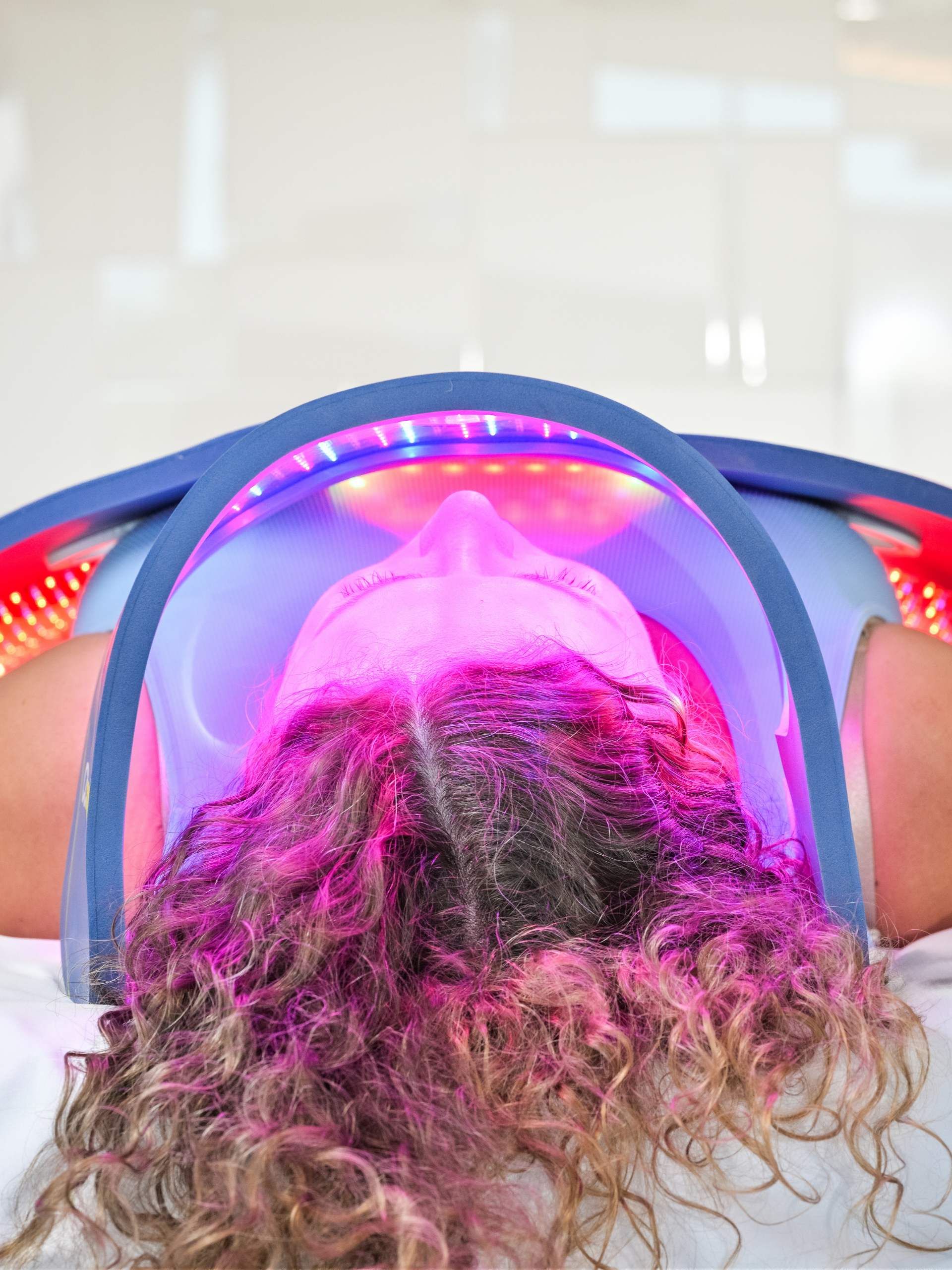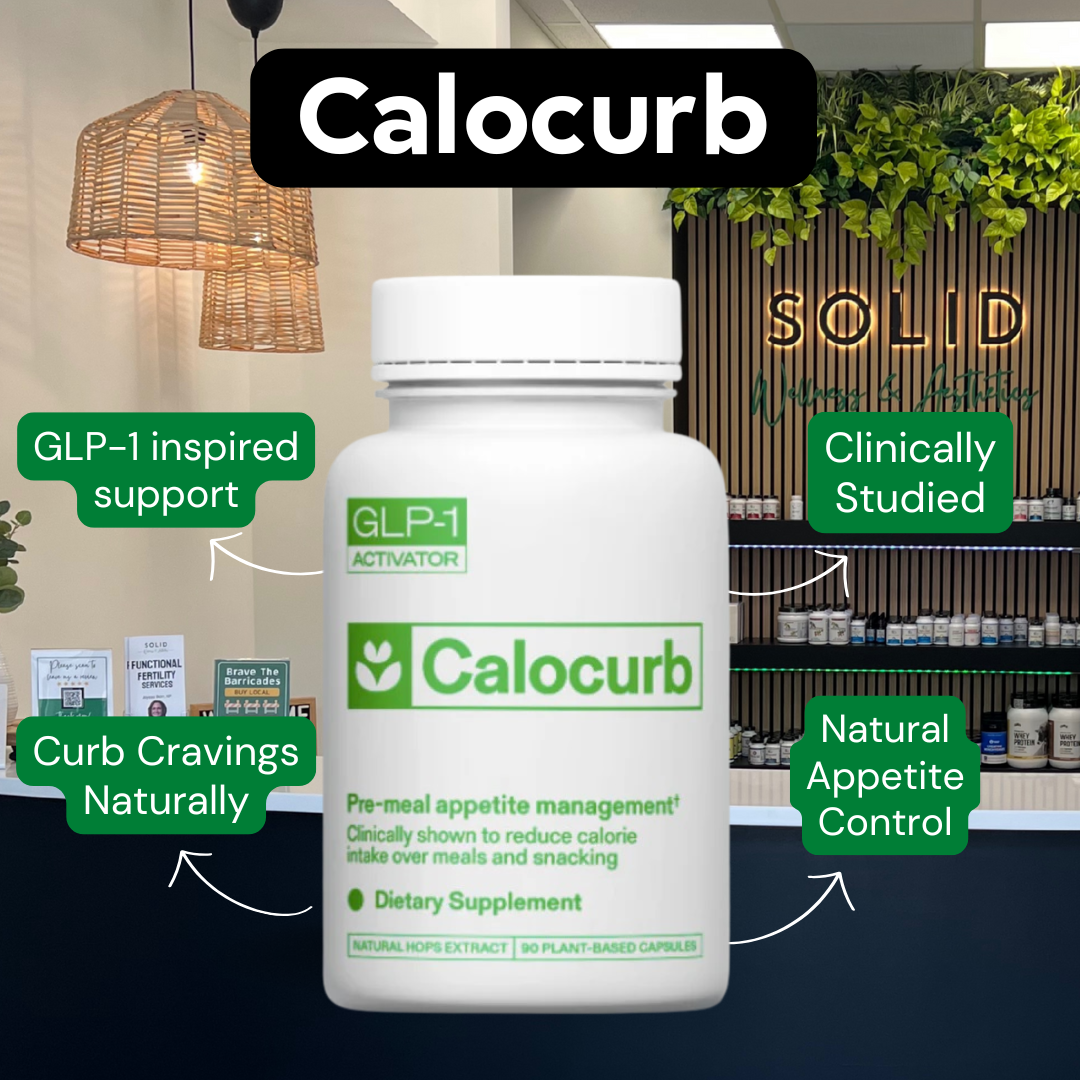Hormone Replacement- What is it and is it safe
What are hormones?
Hormones are chemical messengers that communicate between tissues and organs, helping to keep a balance in our bodies. The most well-known hormones are our sex hormones- testosterone, progesterone and estrogen, but there are well over 50 known hormones in the human body.
Some of the functions that hormones are responsible for include:
· Metabolism: insulin, glucagon, thyroid and growth hormone all help regulate energy use
· Stress Reaction: cortisol, DHEA and adrenaline help us quicky respond to emergencies
· Sleep: Melatonin is a hormone that is essential for regulating our circadian rhythm
· Reproduction: Sex hormones regulate the menstrual cycle, fertility, libido and much more
· Growth: Thyroid and growth hormone tell our bodies how and when to grow
· Mood: Neurotransmitters like serotonin and norepinephrine are chemical messengers that regulate our mood
The nervous system and the endocrine (hormone) systems work closely together to maintain internal balance. When there is a disruption in the production, absorption or excretion of these hormones, imbalances can occur that result in numerous symptoms and illness.
Symptoms of hormone imbalance
Are hormones safe?
In 2002, the medical community completely shifted prescribing practices of hormones in response to a 5 year study called the Women’s Health Initiative (WHI). This study followed post-menopausal women for 5 years to see if hormone replacement improved health or worsened health. Women were either given a placebo or a combination of conjugated equine (horse) estrogen with medroxyprogesterone acetate (synthetic progesterone). This trial was stopped early due to a very slight increase in breast cancer in the hormone group. When this study was stopped early, clinicians as well as the media erroneously vilified hormones as cancer causing agents. The number of hormone prescriptions dropped dramatically.
An increase in breast cancer sounds bad, but there were so many problems with this study and the results. Here are just a few:
- Breast cancer risk- the arm of the study that ONLY gave estrogen saw a DECREASE in breast cancer risk (and decreased colon cancer risk). It was only in the synthetic estrogen plus synthetic progestin arm that found an increased risk, and this increased risk was very slight and not found to be statistically significant. There were no more deaths in the hormone arms than the placebo arms from breast cancer.
- Study participants- the study enrolled 160,000 women between the ages of 50-79. We know now that the women who will see the biggest benefits from hormone replacement are those within 10 years of menopause onset, which usually occurs around age 50. This means that a large percentage of the study group were too old to see benefits from hormones and had pre-existing medical conditions that worsened their outcomes.
- Type of hormones- the WHI only tested 1 dose of hormones and these were synthetic hormones, meaning they were not identical to the natural hormones in our bodies. A better study would have tailored the dose to the patient and would have used identical hormones to what women have in their bodies.
Thankfully, many groups, including the American Menopause Society (NAMS), a well-respected traditional medicine group, changed their position in 2022 to recommend hormones for hot flashes as well as osteoporosis prevention. They only recommend hormones for these conditions, although there is significant evidence that also shows decreased dementia risk, decreased colon cancer risk and decreased heart disease risk when hormones are properly prescribed.
Despite the NAMS recommendation, many traditional physicians are not up to date on the evidence for hormones, and still practice based on the outdated and dangerous 2002 findings.
Are there any risks with hormone use?
Breast cancer has always been the biggest red flag with hormone use, but now that we understand where this came from and how the data was incorrectly interpreted, we don’t need to worry about that.
There are risks with hormone use, especially at high doses. An increase in blood clot risk is possible and hormones are not recommended for smokers or patients with clotting disorders. Blood clots in the brain can cause strokes.
Too much hormone can cause side effects including: water retention, daytime sleepiness, mood changes, breast tenderness or enlargement, clitoral enlargement, deepening of voice.
It is always important to discuss possible risks and benefits of any mediation, including hormone replacement, with your health care provider.
What about Bioidentical hormones?
At Solid Wellness and Aesthetics, we prescribe bioidentical hormones. That means the hormone you receive is the exact same chemical makeup as the hormones your body makes. There are some FDA approved bioidentical hormones, including Prometrium (progesterone) and estradiol (estrogen).
What are compounded hormones?
We often use compounded bioidentical hormones. The FDA approved bioidentical hormones are often not the correct dose or administration method for our patients. We practice precision medicine, which means our treatments are tailored to your body’s unique needs.
We only prescribed compounded hormones from FDA approved 503B pharmacies. This means the end product created is not specifically FDA approved but the facility that is making them is subject to rigorous FDA oversight and raw materials are FDA approved.
Have more questions about hormones? Schedule an appointment with one of our nurse practitioners to discuss if hormone replacement can help you.




